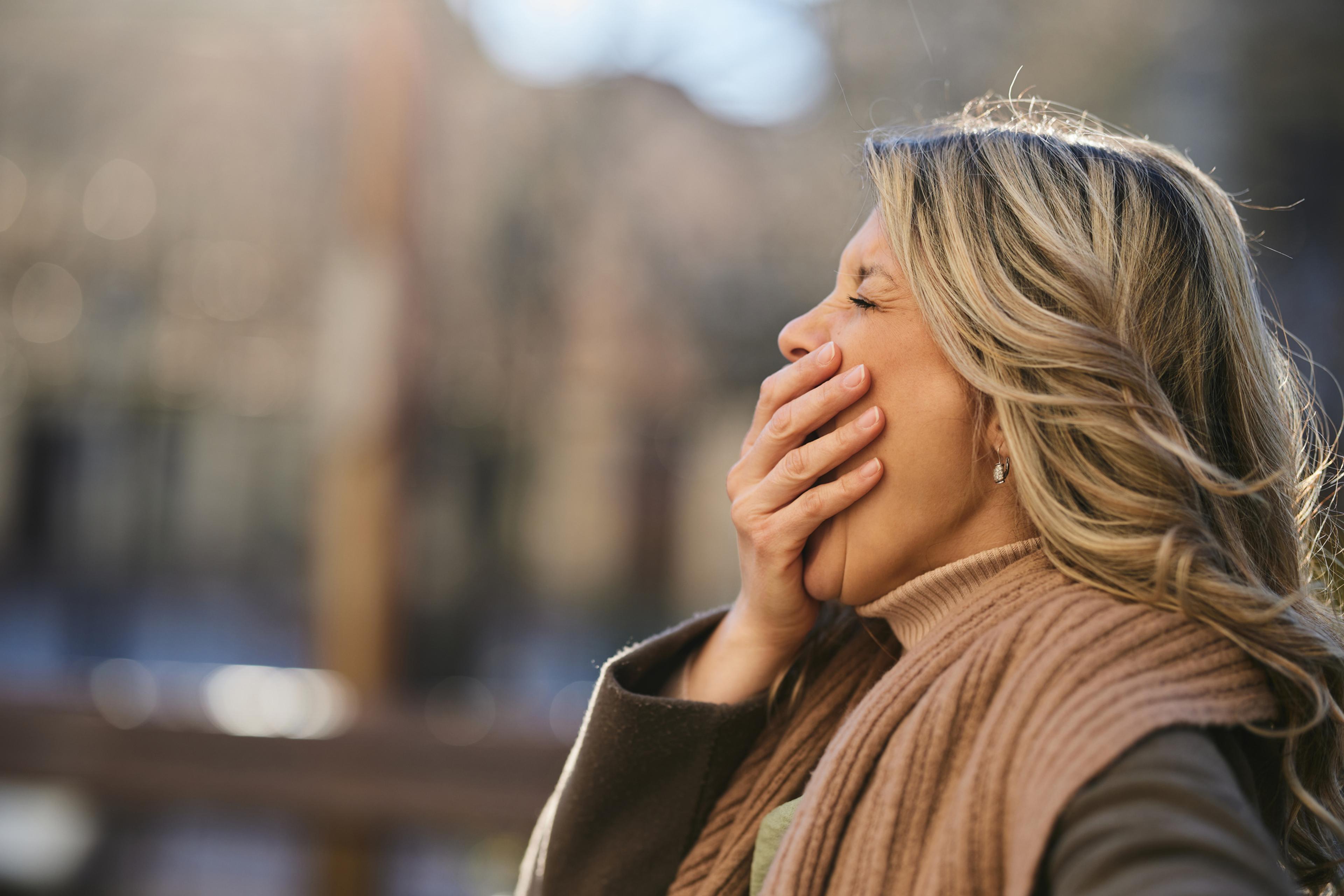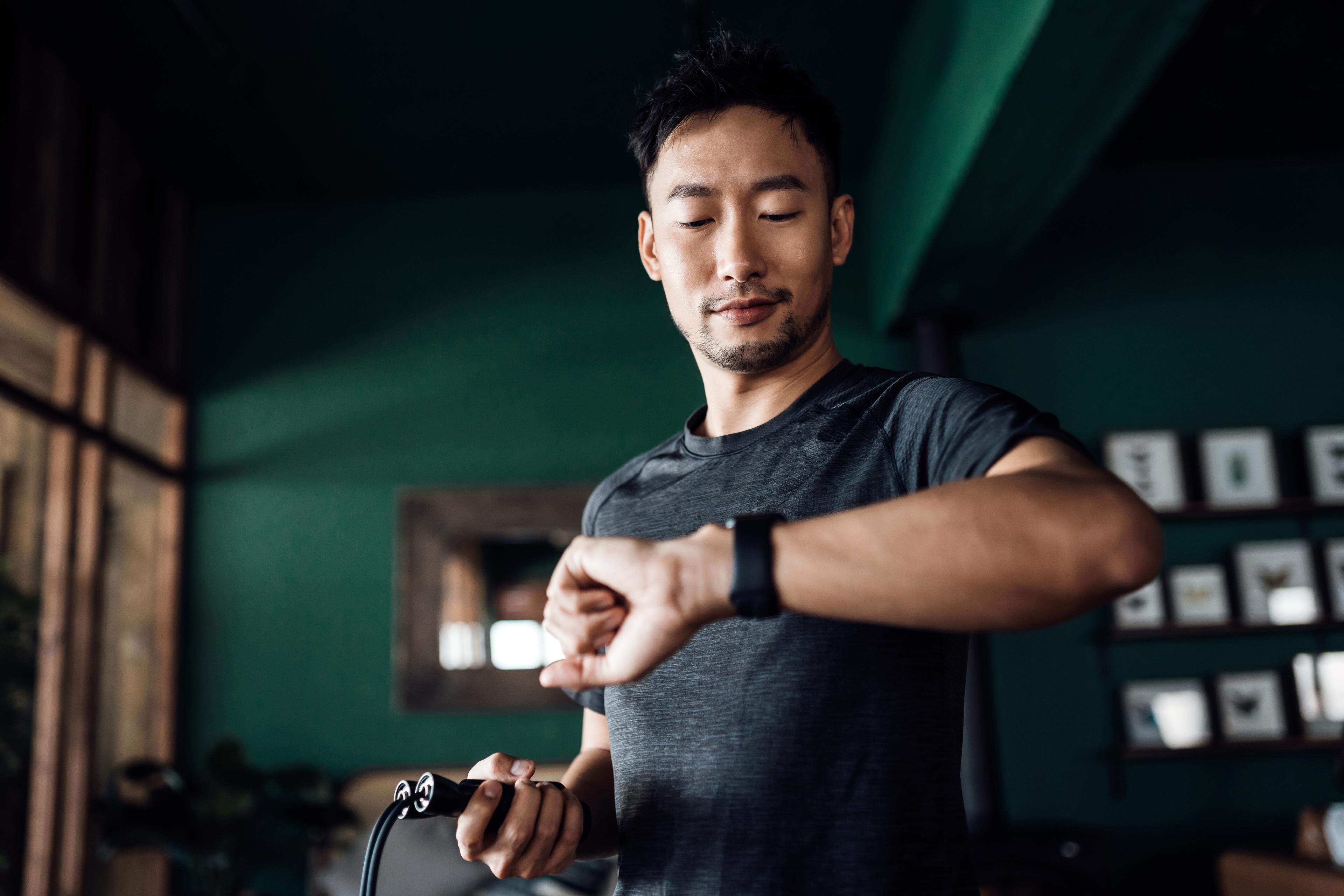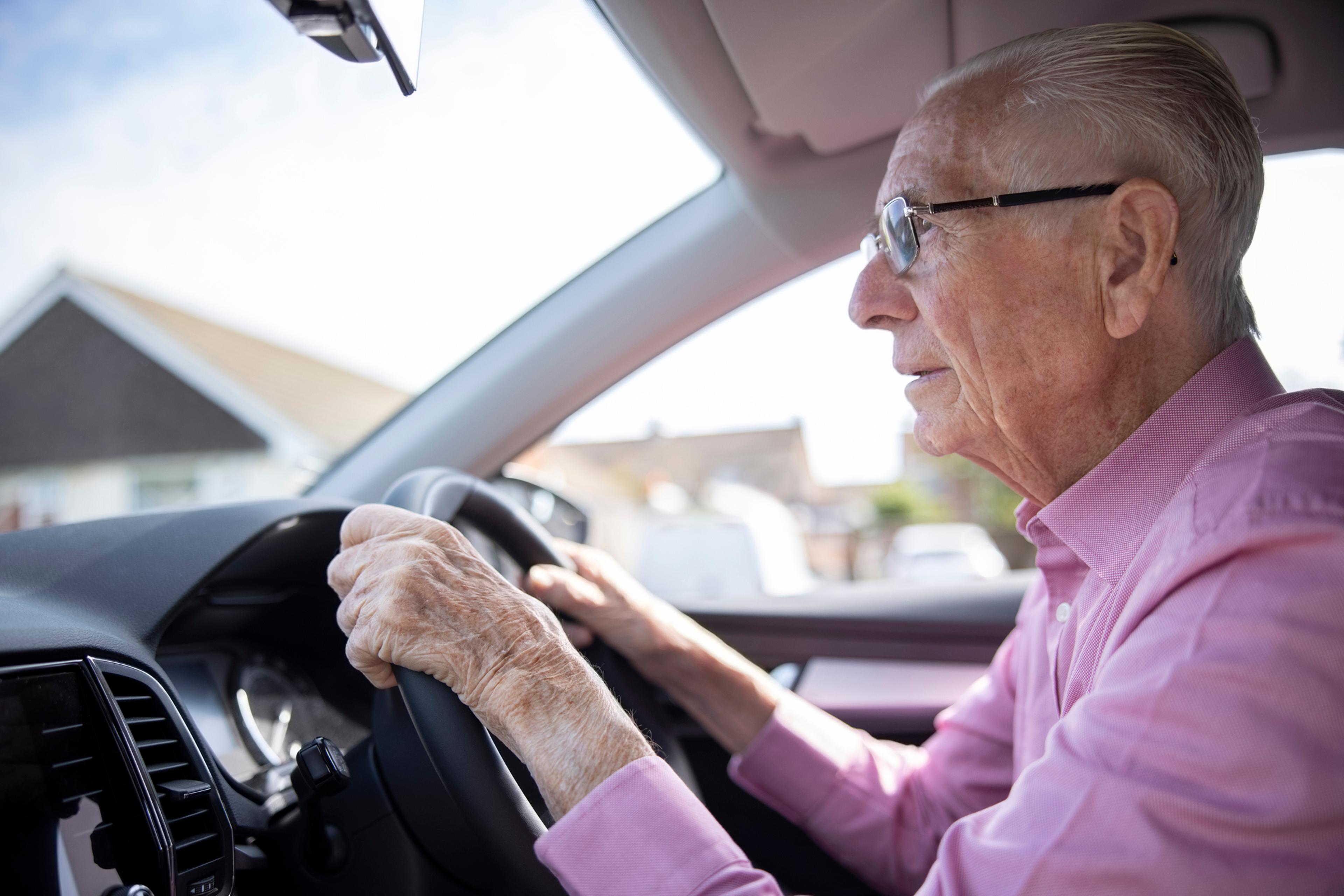The COVID Mental Health Crisis
Dr. Jeffrey Guina
| 5 min read
Dr. Jeffrey Guina, MD is the Chief Medical Officer a...

After two-and-a-half years of pandemics and shutdowns, suicide prevention has never been more important. People are truly struggling. Even in the early days of the pandemic, the U.S. saw a tripling of depression rates, 1000% increase in crisis hotline calls, 42% increase in overdoses, 18% increase in emergency visits for suicide, and 11% of people seriously considering suicide. Young people have been particularly affected, with their lives disrupted by quarantines, school shutdowns, distance learning, being left to their own devices and missing/delaying major milestones (e.g., clubs, sports, dating, prom, driving, graduation). Social interaction was largely replaced with screen-time, a known risk factor for suicide. During the height of the pandemic, the Centers for Disease Control and Prevention Director Robert Redfield said, “We're seeing, sadly, far greater suicides now than we are deaths from COVID [in high-schoolers]. We're seeing far greater deaths from drug overdoses.”. In fact, in 2020, among people aged 24 years old and younger, 6663 died from suicide and 7358 died from overdoses, compared to 599 who died with SARS-Cov-2). That is not to say that COVID should not be taken seriously, but perhaps society should be taking youth suicides 11 times as seriously as COVID and substance problems 12 times as seriously. This “COVID Mental Health Crisis” appears to be driven by both the direct effects of the virus (e.g., trauma from surviving the life-threatening illness, neuropsychiatric sequalae of “long COVID,” loss of loved ones to the illness) and the indirect effects of the measures taken to combat the virus (e.g., isolation, increased child abuse and domestic violence, job instability, inflation, supply chain problems, academic/developmental deprivation, restriction from being present at the birth or death of loved ones, decreased access to healthcare or social services, loss of loved ones to suicide/overdose). When people are under stress, they have a go-to “list” of coping skills. Sometimes this is a physical list (perhaps developed with a mental health professional). Sometimes it is a mental list of things they know work for them. Often, it is an unconscious list of people, places, or activities they gravitate towards in times of stress. These lists include healthy and unhealthy coping skills. The more stressed a person gets, the more they burn through the top items on their list and end up using lower coping skills. Somewhere on everyone’s list are things as serious as drugs, alcohol, and suicide. Suicide may be number 1,000 on your list of coping skills, but it may be number 3 on mine. The problem recently is that, while stress was up, access to coping skills was down—when people needed them the most. When schools, gyms, churches, mosques, and synagogues are closed, but liquor stores, casinos and marijuana dispensaries are open, people use what is available to them to cope. As virulence and lethality of the virus decrease, and restrictions are gradually rolled back, there are many left with scars from the pandemic. Fear, grief, trauma, isolation, developmental deprivation, and economic despair still linger. How is one to cope? For some, they are eager to rapidly return to “normal.” For others, an organized, gradual, stepwise return to social and recreational activities may be beneficial. Avoidance is countertherapeutic and should be discouraged, as it leads to more stress in the long run. We can also encourage ourselves and our loved ones to not suffer in silence. There are mental health professionals in clinics, hospitals, emergency departments, online, and over the phone that are standing by, ready and able to help—no matter the circumstance. Some people fear stigma, and we can remind them that health care is legally/ethically bound to confidentiality. Some fear access to care, and we can inform them that free clinics, non-profits, and certified community behavioral health clinics are caring for people regardless insurance status and many of these places will even help people obtain insurance. There are people hopeless about getting better, and we can explain to them that there are evidence-based medications and psychotherapies for even the most serious mental illnesses, severe addictions, and horrendous traumas. For people who do not know where to start, consider contacting your insurance, your local county community mental health office, or use the brand-new 988 crisis hotline. Spread the word about this lifesaving resource that can connect people to other lifesaving resources in their community, so that this number becomes as well-known as 911. -- Dr. Jeffrey Guina, MD is the Chief Medical Officer at Easterseals Michigan after joining in 2019. Dr. Guina is board-certified in psychiatry by both the American Board of Psychiatry and Neurology and the National Board of Physicians & Surgeons, in addiction medicine by the American Board of Preventive Medicine, in forensic psychiatry by the American Board of Psychiatry and Neurology, and in community and public psychiatry by the American Association of Community Psychiatrists. In the past, he has worked for the Michigan Department of Health and Human Services, and as an active-duty psychiatrist in the US Air Force. Opinions expressed in this blog belong solely to the author and do not necessarily reflect the opinions or beliefs of Blue Cross Blue Shield of Michigan or its subsidiaries and affiliates. More from MIBluesPerspectives:
Photo credit: Getty Images





